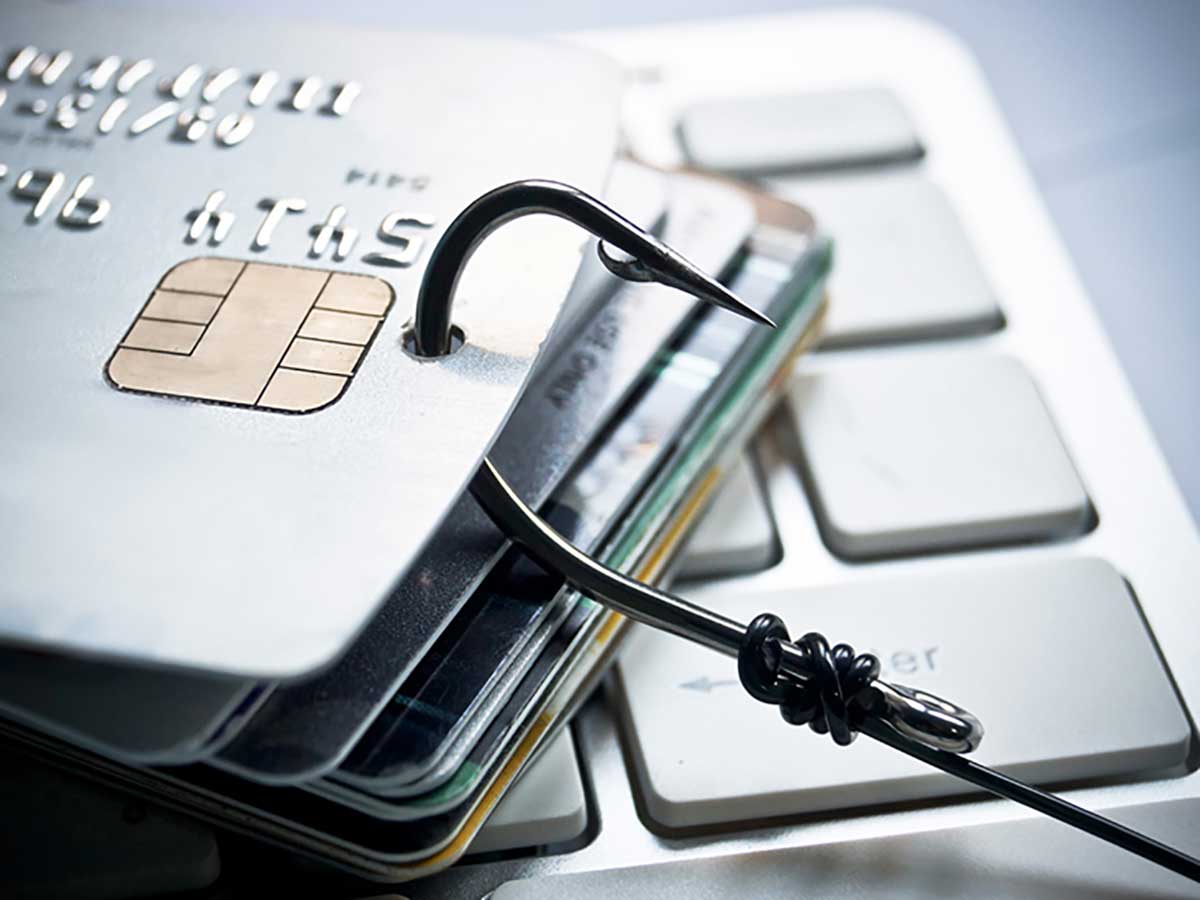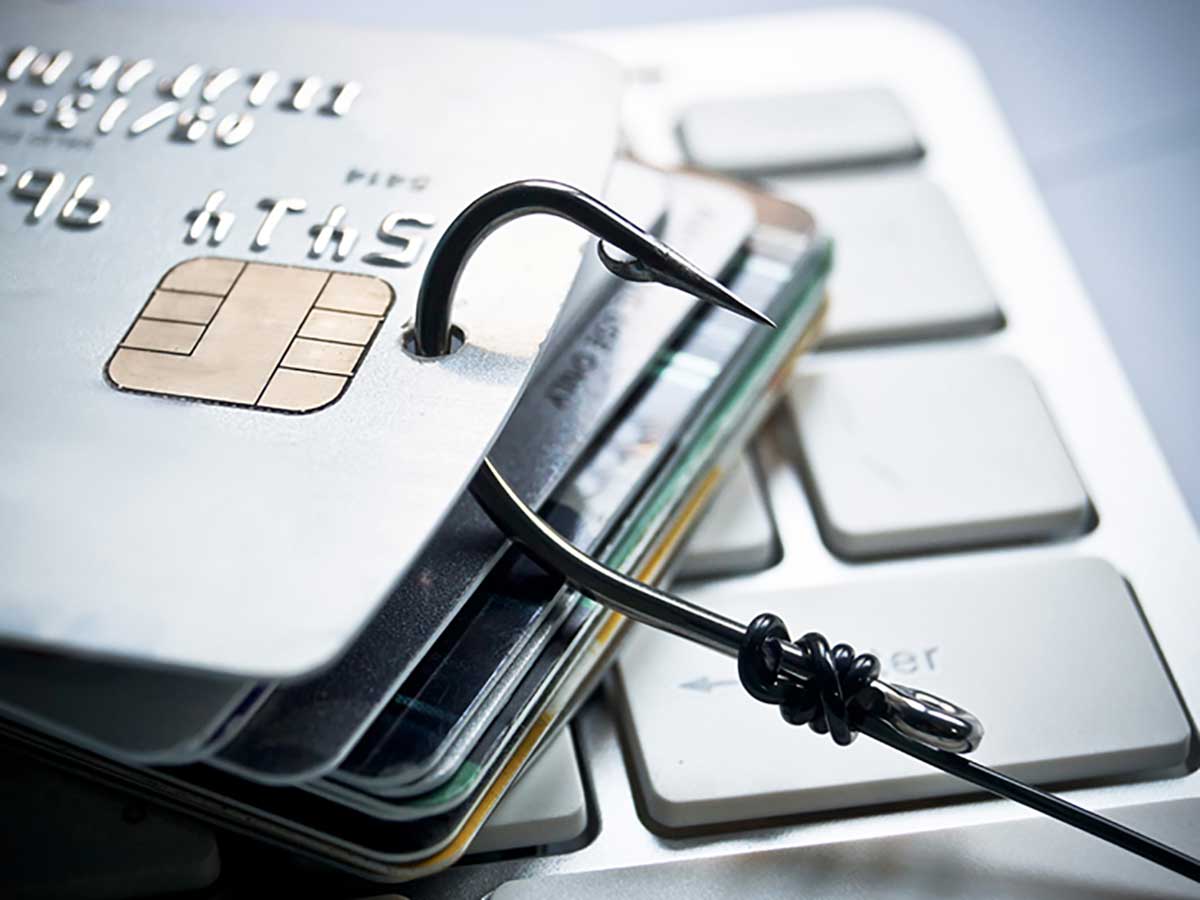
Know what to watch for so you don’t fall victim to the new wave of phishing scams
 A recent CPA Canada survey showed increased concerns about data privacy, with 71 per cent of respondents saying they were worried about identity theft, a rise from 66 per cent of respondents a year ago. (wk1003mike/Shutterstock)
A recent CPA Canada survey showed increased concerns about data privacy, with 71 per cent of respondents saying they were worried about identity theft, a rise from 66 per cent of respondents a year ago. (wk1003mike/Shutterstock)
As technology becomes further ingrained in our daily lives, scam artists are finding more devious ways of tricking us into handing over our personal and financial information. A recent CPA Canada survey showed increased concerns about data privacy, with 71 per cent of respondents saying they were worried about identity theft, a rise from 66 per cent of respondents a year ago.
Avoid becoming a victim of fraud by being aware of the latest terms and techniques that scammers are using to target people.
Phishing
The classic email fraud. Maybe you’ve been selected for a promotional offer from what looks like your local bank, or perhaps there is a Nigerian prince that needs your help in exchange for a large financial reward. Even sneakier, some emails suggest there’s been “unusual activity” on your account and you must “click here” to verify your password. These are phishing scams. Clicking “here” usually opens a new website that looks legitimate but in fact opens a gateway for an online intruder to steal your data and quite possibly your money.
The Canadian Bankers Association shared some tips on how to spot a phishing scam that might look like it’s a legitimate email from your bank.
Smishing or SMiShing
This is a newer scam that targets people through text messages, also known as SMS (short message service).You may receive a text prompting you to respond by typing “yes”, by spelling out “reply” or by clicking a link included in the text to verify your information. Delete these messages immediately. Do not reply, do not respond to short codes and do not click on any links, even if they look like they’re from a trusted source.
Your phone is a computer just like your laptop or desktop. If it gets compromised by clicking on a suspicious link, all of your apps and the bank accounts they are linked with could become vulnerable. Requesting your personal information through a text message is not standard procedure for banks or other professional institutions, so that is a clear sign of suspicious activity regardless of the what the message says.
Vishing
There’s been a recent spike in fraudulent calls occurring across the country from people claiming to be from the Canada Revenue Agency. The caller accuses the target of owing thousands of dollars to the CRA and threatens legal action if the debts are not settled. If you’ve received such a call, then you’ve experienced vishing, or voice phishing. The CRA suggests that you call them or check your online account if you have any concerns over your standing.
In some cases, victims of these types of fraud feel too embarrassed to come forward and report what happened, but reporting your case and sharing your story can help others avoid the same fate.
HELP YOUR CLIENTS PROTECT THEIR DATA
CPAs can learn more about online fraud and how they can offer advice to clients by registering for our Introduction to Cybersecurity for CPAs course.